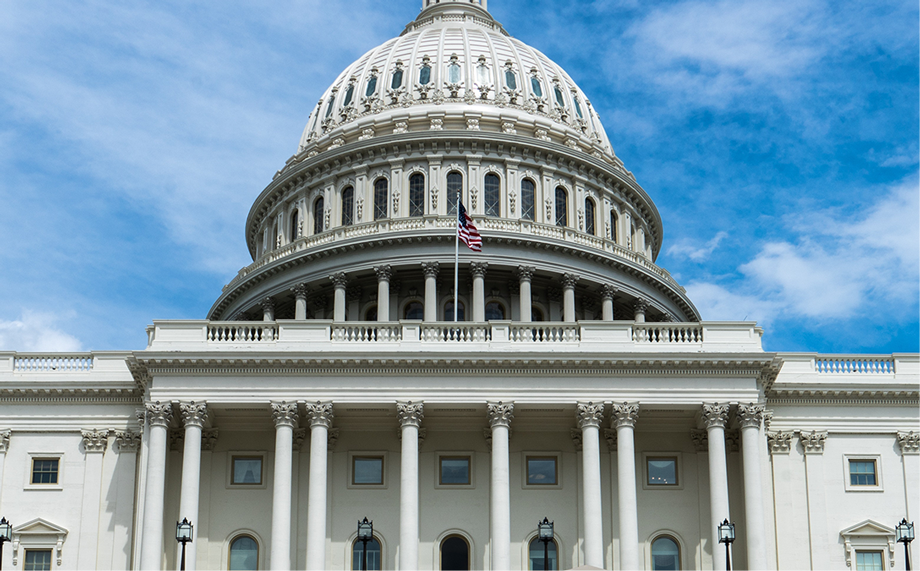Welcome to the Kentucky State Profile Page! This page features a sample of survey and research results from a comprehensive review of state and local home modification activities across the country. It has a special focus on the aging population and the efforts of State Units on Aging, Area Agencies on Aging, and Native American aging service programs that are funded by the Older Americans Act Title VI Grants for Indian Tribal Organizations.
STATE PROFILE: Kentucky

Kentucky
A State Profile of Home Modification Activities
SPOTLIGHT ON STATE LEVEL HOME MODIFICATION ACTIVITIES
This section shares information that demonstrates the need for home modification in this state and highlights some of the state’s important home modification efforts, policies, and funding sources.
SPOTLIGHT ON LOCAL HOME MODIFICATION EFFORTS
How are agencies across the country responding to their communities’ home modification needs? Read about stand-out home modification efforts the aging network is conducting in this state.
Check back as new updates will be posted periodically! Have any changes or additions? Please contact homemods@usc.edu
SPOTLIGHT ON STATE LEVEL HOME MODIFICATION ACTIVITIES
Home Modification and Repairs for Older Adults: Challenges and Opportunities for State Units on Aging: This report by the USC Fall Prevention Center of Excellence and ADvancing States reports on a national survey
KENTUCKY DEPARTMENT FOR AGING AND INDEPENDENT LIVING (State Unit on Aging)
State Units on Aging (SUAs) are designated state-level agencies that develop and administer state plans that advocate for and provide assistance, including home modifications or repairs, to older residents, their families, and adults with physical disabilities. SUAs administer funds, including Older Americans Act funds, which may be used to support home modification or repair services through local Area Agencies on Aging and other state and local entities. Program(s) with home modification or repairs include:
1. Hart-Supported Living Program
Program Description: The Hart-Supported Living program provides grants for supports that enable Kentuckians with disabilities to live in their homes and communities of choice and avoid institutionalization. Home modification is an eligible service.
Population Served: Any Kentuckian with a disability as defined by the Americans with Disabilities Act and KRS 210.770 may apply for funding.
2. Homecare Program
Program Description: The Kentucky Homecare program includes the provision of minor home adaptations, additions, or modifications to enable older adults to live independently and/or safely or to facilitate mobility including, where appropriate, emergency summons systems.
3. Older Americans Act Title IIIB: Home Repair Services
Program Description: This program, administered by Area Agencies on Aging, provides minor home adaptations, additions, or modifications to enable older adults to live independently and/or safely or to facilitate mobility including, where appropriate, emergency summons systems.
Population Served: Kentucky residents who qualify for Older Americans Act Title IIIB.
4. Older Americans Act Title IIIE: National Family Caregiver Support Program
Program Description: Home modification is an allowable Older Americans Act Title IIIE Supplemental Service expense to complement the care provided by caregivers. As a part of the program, home modification service is provided.
Population Served: Three categories of eligibility: 1) Child: An individual who is not more than 18 years of age or an individual age 19-59 who has a severe disability; 2) Caregiver: An adult family member or another individual who is an “informal” provider of in-home and community care to an older individual. “Informal” means that the care is not provided as part of a public or private formal service program; and 3) Grandparent/older relative caregiver of a child: A grandparent, step-grandparent or other relative of a child by blood or marriage who is age 55 or older and: 1) Lives with the child; 2) Is the primary caregiver of the child because the biological or adoptive parents are unable or unwilling to serve as the primary caregiver of the child; and 3) Has a legal relationship.
KENTUCKY DEPARTMENT FOR MEDICAID SERVICES
1. Acquired Brain Injury (ABI) Waiver
Program Description: The ABI waiver is for adults with an acquired brain injury who can benefit from intensive rehabilitation services. The service includes environmental and home modifications.
Population Served: Kentucky residents age 18 and older who have an acquired brain injury, meet the requirements for residence in a nursing facility, and meet the financial qualifications for Medicaid.
2. Acquired Brain Injury Long Term Care (ABI LTC) Waiver
Program Description: The ABI LTC waiver is for adults with an acquired brain injury who have reached a plateau in their rehabilitation level. They require maintenance services to live safely in the community. The service includes environmental and home modifications.
Population Served: Kentucky residents age 18 and older who have an acquired brain injury, meet the requirements for residence in a nursing facility, and meet the financial qualifications for Medicaid.
3. Home and Community Based (HCB) Waiver Program
Program Description: The HCB waiver program provides Medicaid-paid services and supports to older adults or to adults and children with physical disabilities. Environmental and minor home adaptations are offered as part of the program.
Population Served: Kentucky residents who are older adults or who have a physical disability. They must also meet the nursing facility level of care as defined in Kentucky Administrative Regulation 907 KAR 1:022 and would be admitted to a nursing facility if they did not have waiver services as well as the financial qualifications for Medicaid.
4. KY Supports for Community Living
Program Description: This program provides assistance to individuals with an intellectual or developmental disability to help them live in the community in the setting of their choice as independently as possible. Services include environmental accessibility adaptation services.
Population Served: Kentucky residents of any age who qualify for Medicaid, have an intellectual or developmental disability, and meet the requirements for residence in an intermediate care facility for individuals with an intellectual disability.
5. Michelle P. Waiver (MPW)
Program Description: The MPW provides Medicaid services and supports, including environmental and minor home adaptations, so that individuals may live in the community for as long as possible
Population Served: Recipients must have an intellectual or developmental disability, require a protected environment, and meet the financial qualifications for Medicaid.
KENTUCKY STATE ASSISTIVE TECHNOLOGY PROGRAM
KATS Network
The State Assistive Technology Grant Program, funded under the Assistive Technology Act of 2004, supports comprehensive, statewide programs in each state that improve the provision of assistive technology (often home modification-related) to individuals with disabilities of all ages.
KENTUCKY STATE FALL PREVENTION COALITION
Kentucky Safe Aging Coalition
http://www.nofalls.org
For an up to date list of all state fall prevention coalitions, visit: https://www.ncoa.org/resources/list-of-state-falls-prevention-coalitions/
SPOTLIGHT ON LOCAL HOME MODIFICATION EFFORTS BY THE AGING NETWORK
1. To locate the Area Agency on Aging in your state, please contact Eldercare Locator at https://eldercare.acl.gov/Public/Index.aspx
2. Data Brief: Building Community Capacity to Serve Older Adults: The Role of Area Agencies on Aging in Home Modifications and Repairs
This Data Brief highlights key findings from the 2019 National Survey of Area Agencies on Aging on how Area Agencies on Aging are providing and funding home modification and repair activities. It was developed by the USC Fall Prevention Center of Excellence in partnership with the National Association of Area Agencies on Aging as part of the Administration for Community Living project, “Promoting Aging in Place by Enhancing Access to Home Modifications.”
3. Featured Efforts
In-Home Services: Home Repairs
Pennyrile Area Development District, Area Agency on Aging
Hopkinsville, Kentucky
The Pennyrile Area Agency on Aging provides home repair services that include minor home adaptations and modifications to assist older adults in maintaining their independence and safety at home.
PURCHASE AREA AGENCY ON AGING & INDEPENDENT LIVING
Kentucky Homecare Program
Program Description: The Kentucky Homecare program provides minor home adaptations, modifications, and repairs to ensure safety and facilitate mobility for seniors.
Rampbuilders Program
Center for Accessible Living
Louisville, Kentucky
The Rampbuilders program offers free home accessibility modifications for persons with disabilities in the Louisville Metro Area. This program works in partnership with the Salvation Army, local governments and Medicaid. The services provided can include ramps, railings, and anything other modifications that help recipients more safely move about their homes.
This page is brought to you by the project, “Promoting Aging in Place by Enhancing Access to Home Modifications,” supported, in part, by grant number 90PPHM0001 from the U.S. Administration for Community Living, Department of Health and Human Services, Washington, D.C. 20201. Grantees undertaking projects with government sponsorship are encouraged to express freely their findings and conclusions. Points of view or opinions do not, therefore, necessarily represent official ACL policy.


